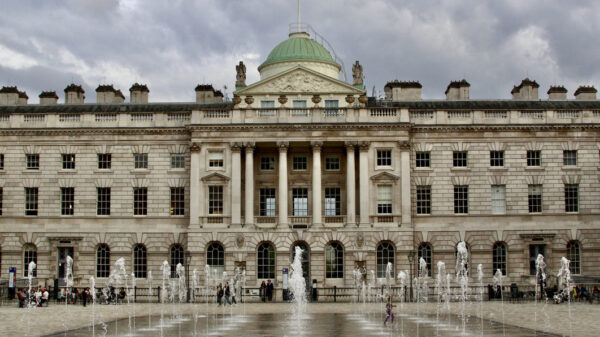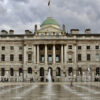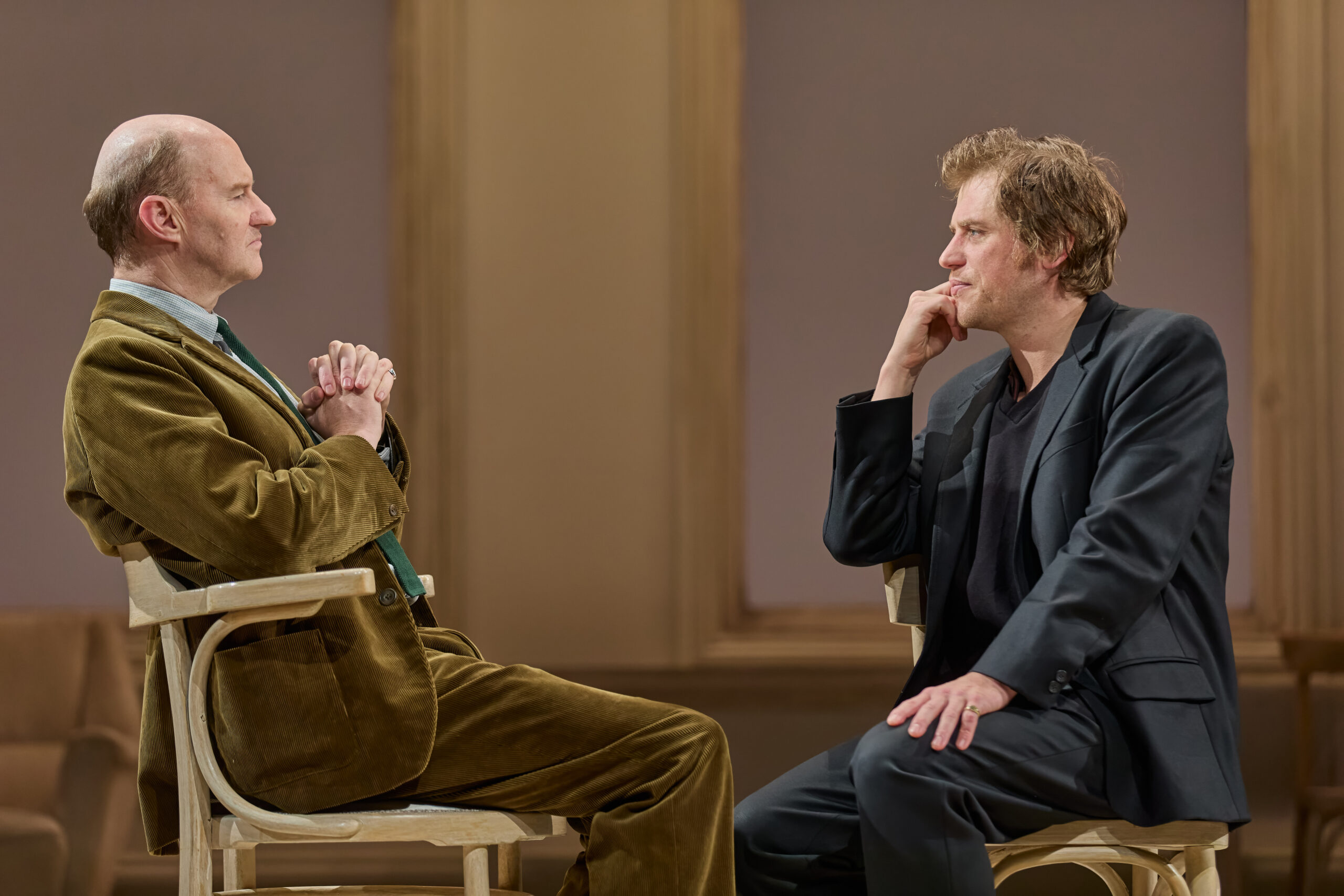A list of great films, filled with London landmarks.
London has been a prime location for a number of exciting films over the years. So, to get you acquainted with London this year, Kyveli Short takes you around her pick of the top 5 films shot in London. Take a stroll around your new, famous home by reminiscing with these big hits…
NOTTING HILL (1999) The title is the setting for this ultimate London film. Who hasn’t spent some time wandering around the neighbourhood, looking for the iconic blue door or the Travel Book Company, hoping that they will bump into star-crossed lovers William Thacker (Hugh Grant) and Anna Scott (Julia Roberts)? If you haven’t, you will! Most of the filming takes place in and around Portobello Road, featuring guest appearances from the Ritz, the Savoy and Kenwood House. It is hard not to fall in love with this London-based rom-com.
V FOR VENDETTA (2005) Granted, watching famous London landmarks being blown up might not be the most conventional way to become acquainted with a city, but it certainly makes for a spectacular viewing, especially when the background music is Tchaikovsky’s 1812 Overture. The film is set in London as a near-future dystopian society where the British government is run by fascists. We follow V, an unlikely hero, on his journey for vengeance.
PASSPORT TO PIMLICO (1949) As a result of wartime bombing, the inhabitants of Pimlico discover an ancient, parchment, proving that their section of London actually belongs to Burgundy, France. They decide to consolidate their hereditary independence from Britain by setting up a restriction-free state that is soon to become ration-hit and beleaguered. Actually shot in neighbouring Lambeth, this is a deceptively sharp and politically-minded film, dressed up as a light comedy. A film that truly celebrates the cosy sense of wartime togetherness.
MY FAIR LADY (1964) Based on George Bernard Shaw’s original stage play Pygmalion, this multi-award winning musical follows simple flower girl Eliza Doolittle on her adventures in Edwardian London, as she takes high society by storm. Rex Harrison plays the arrogant phonetics Professor Henry Higgins, who bets he can turn the ravishing Audrey Hepburn’s Cockney accent into a ‘proper’ English one.
BLOW-UP (1966) In his 1966 film, Michelangelo Antonioni perfectly captures the London of the swinging sixties, at a time when the city was at the centre of the world. The plot revolves around a fashion photographer, played by David Hemmings, who stumbles upon what he believes to be a murder in Maryon Park in Charlton, and unwittingly takes photos of the killing. London never looked this glamorous and the film even features cameos from the Yardbirds and Jimmy Page!

















